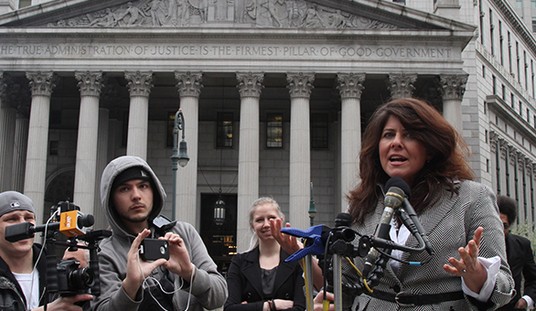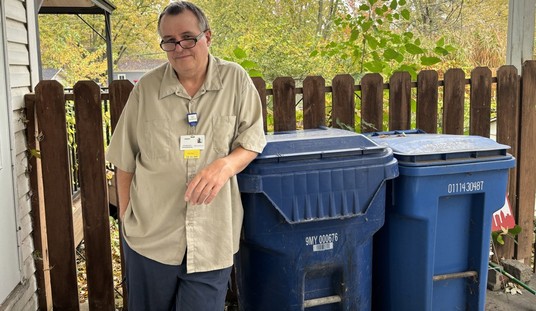Christine Blasey Ford, who famously accused Supreme Court Justice Brett Kavanaugh of sexually assaulting her in 1982, is poised to make another appearance on the national scene. She is set to release her memoir, titled “One Way Back,” to reiterate her claims about the justice, and to give a deep dive into her perspective and chronicle her journey after making the allegations.
It is likely that the media will once again use Ford’s accusations to smear Kavanaugh and Republicans in general. However, it will be quite difficult for America to forget the long list of inconsistencies in her story.
In her memoirs, Ford tells a narrative about how she was propelled by a sense of duty to come forward with her accusations, saying that Kavanaugh knows he assaulted her decades ago. “The fact is, he was there in the room with me that night in 1982,” she wrote. “And I believe he knows what happened. Even if it’s hazy from the alcohol. I believe he must know.”
Ford continued:
“Once he categorically denied my allegations as well as any bad behavior from his past during a Fox News interview, I felt more certainty than ever that after my experience with him, he had not gone on to become the consummately honest person befitting a supreme court justice.”
Kavanaugh’s nomination process was fraught with controversy and scandal from Ford’s allegations, as well as other women who came forward to tell similar stories.
The accuser also discusses receiving death threats and grappling with her newfound fame. She shares some troubling details about the messages she received. “You are a f**king ugly psycho b***h! Who in the hell would want to f**k you anyway?" one letter read.
In her memoir, Ford references how she and her husband decided that he and their sons would stay at home while she attended her Senate hearing alone. She indicates she realized this was a mistake after seeing Kavanaugh show up with his family.
“I didn’t know my integrity was on the stand as much as Brett’s,” she writes. Kavanaugh looked like a wholesome family man. She looked like a renegade. She woke up to a headline in The Washington Post that read: “Christine Blasey Ford’s family has been nearly silent amid outpouring of support.”
However, the real problem with Ford’s testimony is that her story was often inconsistent, with her claiming she could not remember critical details about the supposed encounter. She could not remember whose house she was attending a party at when the assault was supposed to have occurred and changed her story various times.
It is not that Ford doesn’t remember everything; it is that everything she remembers changes at her convenience.
First, Ford’s testimony that the assault occurred in the summer of 1982, when just 15, conflicted with both her therapist’s notes and the text message Ford sent to the Washington Post. According to reporter Emma Brown, Ford claimed she had been assaulted in the mid-1980s; and the therapist’s notes stated Ford had been the victim of an attempted rape in her late teens. But by that time, Kavanaugh was attending Yale, so Ford’s recasting of the attack to the summer of 1982 is suspect.
Ford’s retelling of the alleged sexual assault also included several conflicting accounts of the number of individuals at the gathering. The therapist’s notes stated that four boys had attempted to rape Ford. (Ford claims her therapist confused the total number of boys at the party with the number of boys who had attacked her.)
Later, in her July letter to Sen. Dianne Feinstein, Ford again placed the number of individuals at the party at five, stating the gathering included her and four other individuals. But Ford then identified the four by name, and that group included three boys and one girl. And finally, during her Senate testimony, Ford unequivocally stated that “there were four boys I remember specifically being there,” in addition to her friend Leland Keyser.
Another significant change in the scenario came when Ford testified about the location of the party. She had originally told the Washington Post that the attack took place at a house not far from the country club. Yet, when Mitchell revealed a map of the relevant locations and reminded Ford that she had described the attack as having occurred near the country club, Ford backtracked: “I would describe [the house] as it's somewhere between my house and the country club in that vicinity that’s shown in your picture.” Ford added that the country club was a 20-minute drive from her home.
Ford’s book won’t provide enough fodder for progressive media to use in a meaningful way due to the problems with her allegations against Kavanaugh. It appears to be another attempt to put the issue in the spotlight once again and a way for Ford to cash in on her story.














Join the conversation as a VIP Member